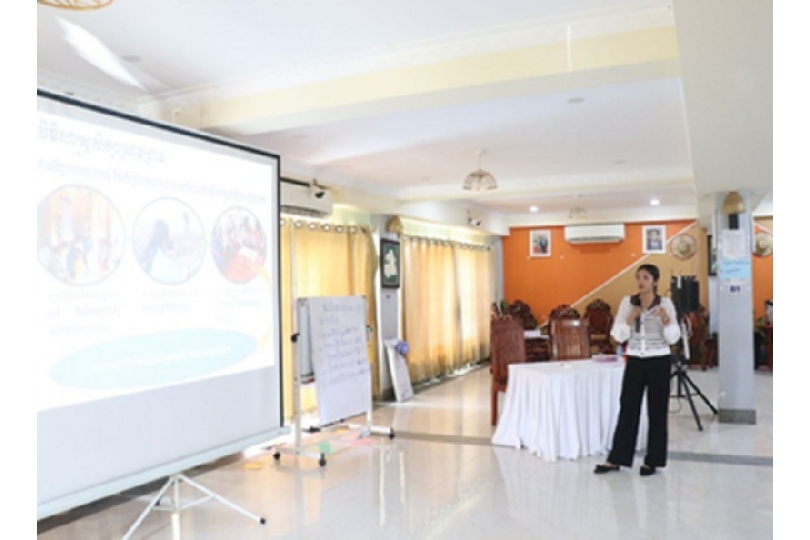In Borey O’Svaysenchay District, a locally led research initiative has transformed how community voices are recognized in fisheries management.
Facilitated by women and youth across three villages—Krom, Koh Snaeng, and Tunsang—the project monitored fish catch patterns and species abundance over four months, revealing actionable insights into sustainability and livelihood resilience.
Fishing is central to household economies and food security in the region. However, environmental degradation and overfishing have put long-term viability at risk. Historically, policies overlooked indigenous knowledge and women’s contributions in fish processing and marketing.
To counter this, the community research team, supported by MVi, underwent five months of capacity-building in data collection, analysis, and reporting. Marginalized voices were prioritized through inclusive facilitation and reflection.
Key findings highlighted traditional fishing techniques and locally adapted innovations that help sustain fish populations. The study also underscored women’s pivotal economic roles, emphasizing the need for gender-responsive governance.
“Our knowledge of fishing practices has been passed down through generations; it’s time for that knowledge to guide decisions.” — Thyda, woman leader, Krom “When women are part of the conversation, everyone benefits.” — Pheasdey, youth leader, Tunsang “This is about safeguarding our future.” — Somdon, woman leader, Koh Snaeng
The district governor’s commitment to integrate these findings into the 5-year development plan marks an institutional shift toward participatory planning.
This case demonstrates how community-led research can influence formal decision-making while elevating women’s leadership in environmental stewardship.

